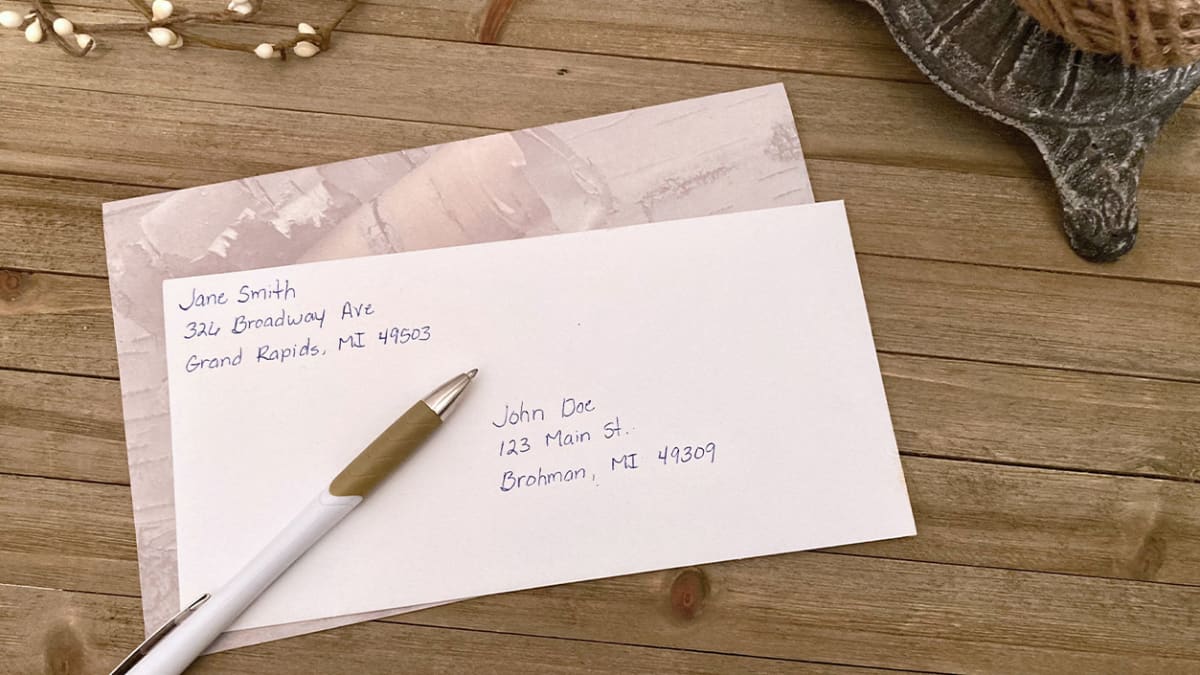The relationship between landlords and tenants is governed by rental laws and regulations. It's important for both parties to understand their rights and responsibilities.
In this article, we will explore the question of whether landlords are allowed to touch or handle a tenant's personal property without permission.
Right to Quiet Enjoyment
When a tenant signs a rental lease, they are entitled to quiet enjoyment of the rented property based on an implied covenant. This means landlords generally cannot enter the residence or interfere with a tenant's use of the space without a valid reason.
Touching or moving a tenant's belongings could be seen as interfering with their quiet enjoyment if done without consent. Landlords are expected to allow tenants exclusive privacy in how they furnish and organize their personal environment.
Can a Landlord Touch your Personal Belongings?

In most cases, landlords do not have the right to touch, handle or move a tenant's personal items without permission. Personal belongings inside a rented home or apartment are considered private property of the tenant. Direct contact with these items could be viewed as trespassing or theft under the law.
Related: Can A Landlord Look In My Closet?
When Can a Landlord Enter the Rental Property?
Rental agreements and laws typically allow landlords access under certain limited circumstances with proper notice given. This may include entry for repairs, inspections, or to show the unit to prospective renters. However, even during permitted entries, landlords should not disturb tenants' belongings unless it is absolutely necessary, such as to complete vital repairs. Any required moving of items should be minimal.
When is a Property Considered Abandoned?
If a landlord believes in good faith that a tenant has abandoned a rental property, applicable property and contract laws may permit the landlord to enter, secure the site, and confirm it is vacant. However, they still may not touch or transport personal items left behind until official abandoned property protocols are followed.
These often involve documentation, formal notices, and holding periods to allow tenants to potentially reclaim possessions.
After an Official Eviction Order
Once a court has granted an eviction order due to lease or rule violations and the allotted vacate period has expired, landlords can then enter the empty property.
At this stage, state landlord-tenant laws typically authorize removing and storing any remaining tenant property for a set time frame before discarding or selling the items. Direct handling is only acceptable after a valid eviction is complete.
What if No Formal Lease Exists?
Even without a signed lease agreement, basic landlord and tenant rights and duties still apply if an oral rental contract can be proven, such as through rent receipts.
Landlords would not have any special permission to physically interact with tenants' belongings in these informal cases either without appropriate cause and documentation of vacant or abandoned status following due process.
Verbal renters deserve the same privacy protections as written leaseholders.
Consequences of Unauthorized Contact
If a landlord inappropriately touches, moves or exerts control over a tenant's personal property without consent or a legally sound justification, it could result in allegations of harassment, an unlawful eviction lawsuit, or charges of theft or trespassing.
Tenants may sue for damages, lost or stolen item reimbursements, or seek criminal penalties. Overall, respecting boundaries regarding residents' possessions helps maintain peaceful coexistence and avoid potential legal issues for all involved parties.
Conclusion
In conclusion, landlords do not generally have the right to directly touch or handle a tenant's personal belongings without permission. Violating this standard privacy could open landlords up to civil legal claims or criminal charges if not committed with cause during an emergency or after a proper eviction.





